We are living through challenging times globally, with great impact on the health and insurance sectors. From the conjunction of numerous factors blow the challenging winds toward a shift in paradigm. The health sector has been showing an increase in costs due to the inclusion of technology in the sector, which affects consultations and medical exams. The aging of the population entails the need for prolonged medical care, with higher incidence of serious pathologies and even of claims. And there is the matter of inflation, which has been felt in a generalized way all over the world.
Digitalization is the future, and processes are being developed in this direction, wherein health actions must be operationalized in real time. Integration is the new path to a holistic view of the client and the system that will work on encouraging more proactive and multidisciplinary approaches involving medical care, psychology, nutrition, exercise physiology, sleep treatment, and other forms of care.
There has been notable growing interest in the market for the acquisition of life and health insurance with global coverage, and the companies in this sector are attentive in seeking to provide the necessary response. Demand for these products in alternative channels and a marked trend toward an all-encompassing character are also evident.
People have sought medical care since times long past – this is nothing new. Globalization has driven what we now call medical tourism – a search for more precise, quality, and affordable healthcare, combined with the discovery of new cultures, cities, and people. Health insurance companies are adapting to this trend by collaborating with international hospitals and clinics, creating networks of healthcare providers in popular destinations for medical tourism.
Healthcare professionals themselves, as well as providers, are expanding their operations across borders, establishing partnerships and affiliations with institutions in different countries. There is great interest in seeking information, particularly in the adoption of new technologies to provide the highest quality care possible. The aim is to promote seamless delivery of health services to customers regardless of their location, and this will enable health insurance companies to provide comprehensive coverage to their members.
Digital Health is also facilitating this process. Advances in technology and telecommunications have empowered telemedicine and telehealth services in a Digital Health setting with digital tools that bring it closer to face-to-face medicine. This allows people to make their appointments and receive diagnoses and treatments at a distance, regardless of geographical boundaries. The challenge of incorporating Digital Health into their coverage options is yet another element for health insurers to consider.
To the extent that medical networks expand globally, ensuring consistent standards and quality control across borders becomes even more crucial. There are great efforts to standardize norms to ensure the provision of quality and safe services to the client. In this field, too, the collaboration of insurance companies can be seen in ensuring this safety, quality, and standardization.
This global interconnection between people, organizations, providers, and insurers has highlighted the need for a safe and efficient exchange of health data across borders. Those involved are exploring innovative solutions to facilitate the cross-border exchange of health data, enabling secure access to clinical and other data in order to further promote the continuity of care, especially for individuals with international health insurance coverage.
Regulations for these international health insurance and medical networks can be distinct depending on the country in question, making it necessary for insurers and healthcare providers to navigate and comply with multiple regulatory environments.
Notwithstanding all these challenges, it is possible to conclude that the trends toward globalization of health insurance and medical networks reflect the increasing interconnection of healthcare systems around the world, with the aim of providing adequate healthcare coverage for our times.
Future Healthcare positions itself as a strategic partner, shaping the future of Healthcare, right now.

